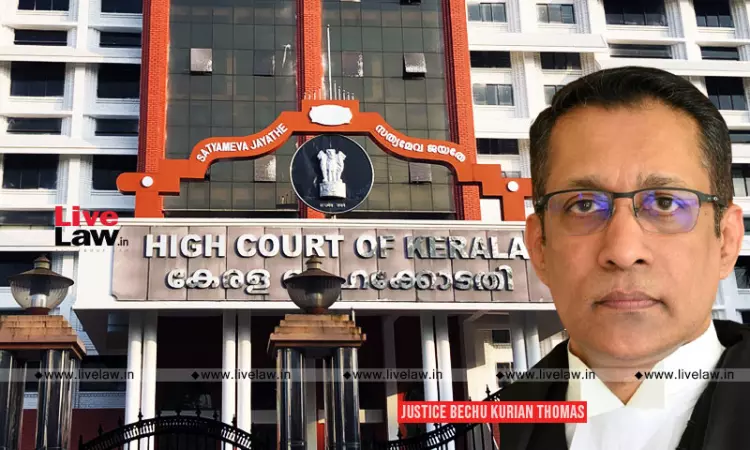Kerala High Court Permits Murder Convict To Join LLB Course Despite Objection By College
Tellmy Jolly
19 Jan 2024 11:17 AM IST

Next Story
19 Jan 2024 11:17 AM IST
The Kerala High Court has permitted a murder convict to pursue a three-year LLB Course in online mode, despite objections from the college where he has secured a seat. It stated that education would enable the convict to reform and rehabilitate back into society.Justice Bechu Kurian Thomas observed that the stance taken by the college in opposing the admission of a convict to pursue his...
